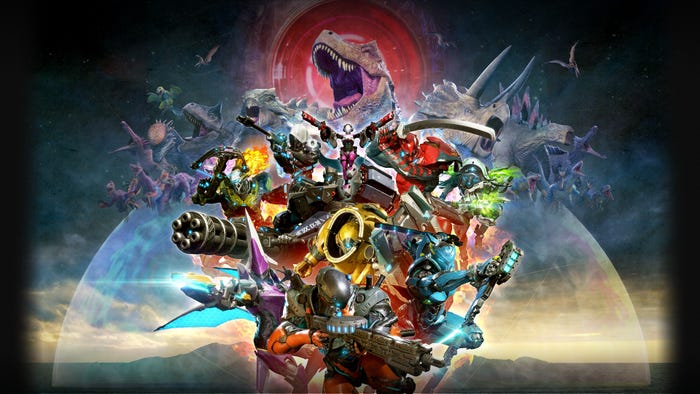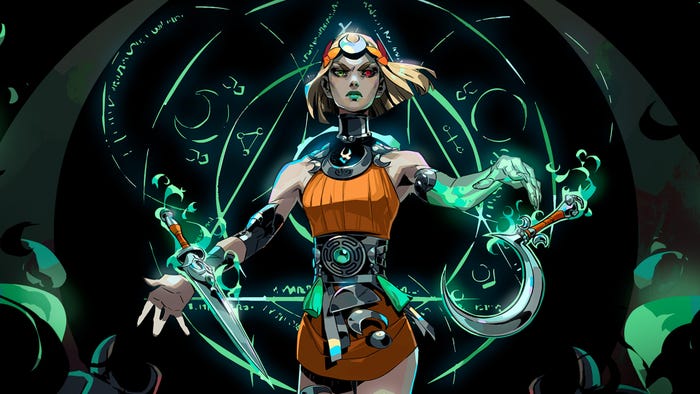Why separate gameplay elements? Unity is the way to progress.
There's too much conflict between the action part and the musing part of a game. We need a concept that reconciles both. Critics to Left4Dead follow. This is a lengthy reply to "Opinion: Forget 'Combat Mode Engaged'" article.

[There's too much conflict between the action part and the musing part of a game. We need a concept that reconciles both. Critics to Left4Dead follow. This is a lengthy reply to the "Opinion: Forget 'Combat Mode Engaged'" article.]
The reason why people naïvely separate concepts that can be mixed together and work better than before is that they use preconceptions, which naturally tend to be impervious to rational reconsiderations and are isolated...
What is this "COMBAT" part of designing some mention, something that can't be questioned according to most, a taboo, an established concept which definition everyone tacitly agrees with so there's no need to rethink, and you can't possibly dare mix it with something else... but in the end nobody really knows what it is, everyone's lost in his point of view.
Clearly this is wrong because you just need a higher more crystalline concept that cleans the dirt: it's interaction, of course(easy to guess since im all about that). Who cares whether a character is talking, fighting, jumping, loving, choosing, just double check that whatever you're doing, you're still interacting.
The need for omni-present interaction is revealed by the fact that it's time to accept that SADLY even choices can be non-interactive, even dialogues, even adventure style puzzles(that's rarer, fortunately :D), everything can be a boring cinema movie that you passively stare at, yawning, altho some may still call it interaction.
But precisely because dialogues can often be NON-interactive combat CAN. That doesn't go to dictate that you should make a combat-only game, just that everytime you, the game designer, are writing your silly game, every element SHOULD BE LEAD by one simple rule.
Make it a challenge, and not a challenge for your patience or for your sore fingers, but for the mind, and it has to be also of high quality. That's how you get combat to be as interesting as our beloved puzzles, ethical choices, and Planescape: Torment dialogues.
Take one of the recent games i hated the most (after Oblivion ofc): Left 4 Dead. May i be damned for buying that unearthly piece of garbage. The game is all about combat, and dumb at that, you just shoot yourself through fields of well animated idiotic figures until you reach a spot. If you stuck with the other players you win. Where's the challenge? In some so-called co-operation and co-ordination.
That's where combat and thinking part and it's not well. You need more interaction, and still be "fun"(in the dumb sense, yes). And this can be the way: so you read those scribblings in the walls? Maybe one is telling about an important object (a vial?). Maybe on another wall there are more scribblings in the same style, but there's also a picture of a man (left for the family). Where is this guy? Now, how does interaction play into this?
First interaction: you have to connect the 2 scribblings on the walls, that link the photo with the CUE to an important key object.
Second interaction: you have to look out for a zombie with a different coloured sweater. Again it's not outright obvious, thus giving you a challenge.
Third interaction: you have to realize that simply killing this person won't do any good, cause maybe you need time to search the guy's pockets and you can't because the horde is all over. So you have to isolate him from the rest.
Another possibility is that you need him alive cause he might shout the location of the important object among the savage growlings. So you need to use some kind of item in the environment (sleeping gas off a tank?, a wardrobe that falls on the man?) to capture him.
Thinking and action are magically mixed, they are reconciled under the same ruler that's interaction.
The war is over.
About the Author(s)
You May Also Like













